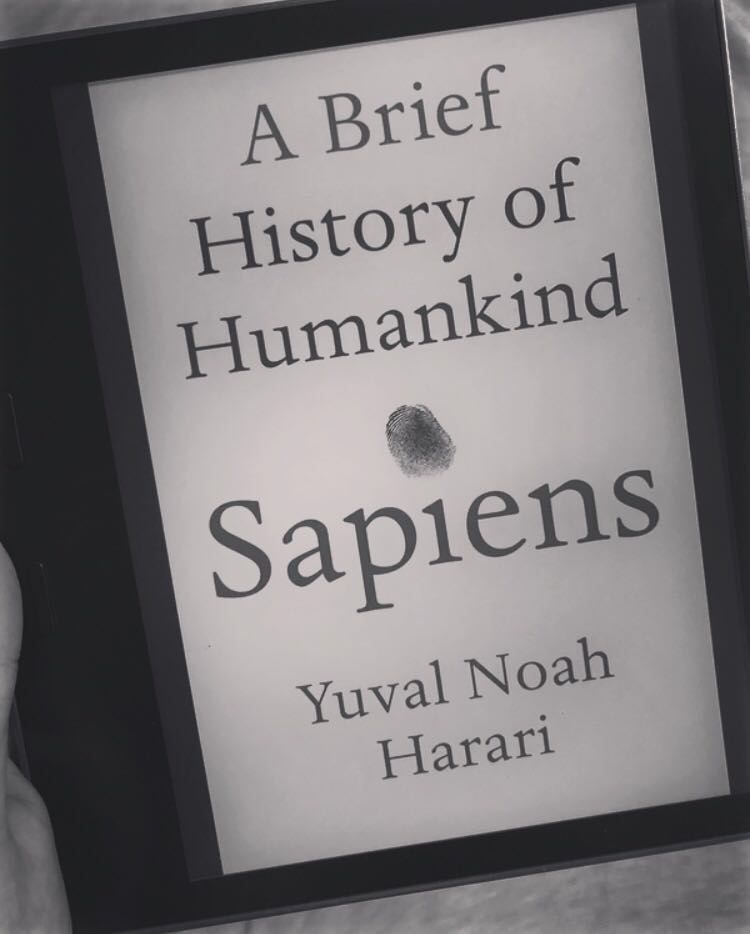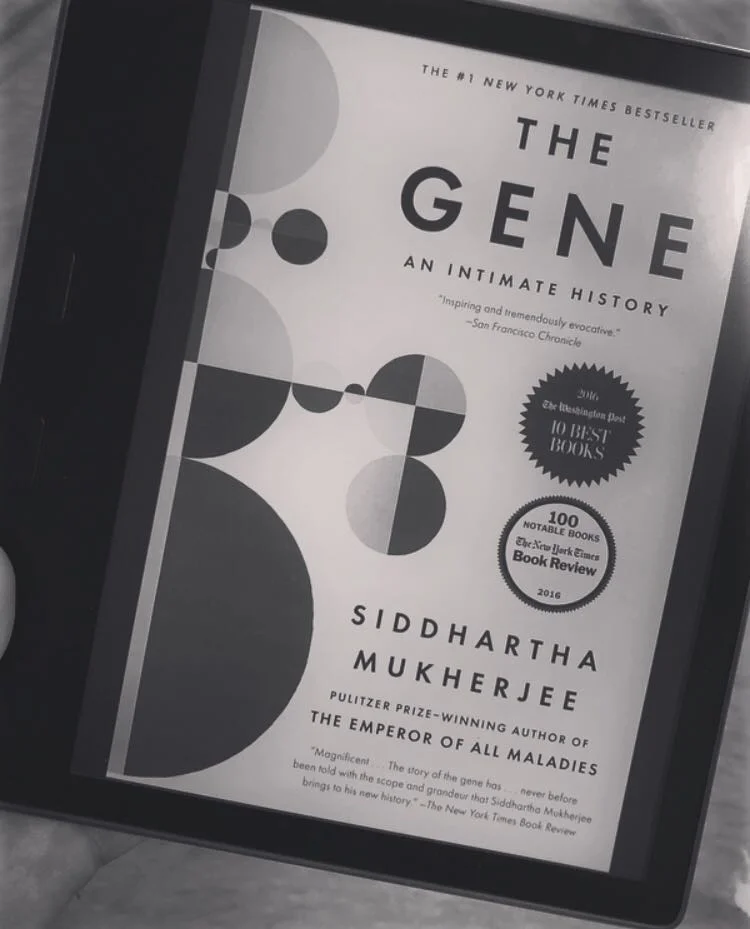The Subtle Art of Not Giving A F*ck by Mark Manson
This afternoon I was reading The Subtle Art of Not Giving F*ck by Mark Manson. I almost never read self-help books after middle school as I thought they are some self-love-affirmation-exercise crap written with sickly positive tones, reaching into the wallets of the mediocre and helpless. Yet, I found this one to be a little different.
Mark Manson discussed our culture’s psychological issues with concentrated apathy, the hedonic treadmill, the need to become “special” and the avoidance of pain. He elaborated on the concept of Becker’s “immortal projects” as an explanation to why human beings feel the need to grow, to become excellent, and how this can be a problem.
The obsession with unrealistic positive experiences have become borderline epidemic, causing many of us to be overly stressed, neurotic and self-loathing. Be happier, be healthier, be the best, better than the rest. Be smarter, exceptional, special, innovative, productive, and well-rounded. While these rainbows and unicorns themselves can be positive, the idea of one needs to constantly be this way, is in fact, a messed up expectation.
Considering Alan Watts’ Backward Law: The desire for more positive experiences itself is a negative experience as it reminds us of what we lack but righteously(?) deserve. Paradoxically, the acceptance of one’s negative experience is itself, positive experience.
Don’t try to work towards that unrealistic goal to be happy, special, better all the time. Understand that negative experiences are natural. In fact, most things worthwhile in life is won through surmounting the associated negative experiences. Without giving a fuck about unrealistic social expectations, one can save the fuck for self-determined, worthwhile things in life.
I’ll probably be hated for what I’m going to say next. As a person who deals with stats and data everyday, there is a great premise I can’t possibly deny: I am average. We are average.
We are the 68.2, 95.4, 99.7. This is why statistics work. This is why the most common distribution is Gaussian. This is also why human race can work in harmony, empathy can be developed, patterns can be found, systems can be built, rules can be set, one-size products can fit most….except those skinny jeans. In fact, it is not just people who are dull and average. Repetition and similarity, broadly construed, are in everything. Sun rises, sun sets, season changes, future can be somewhat predictable, history repeats its path, and humans remain the plain old average selves.
But what is wrong with being the plain old average self?
We are not special, and that is okay.
We are so average that we face similar struggles in life.
We are so average that we can relate to others’ pain.
We are so average that we can be empathetic, building meaningful relationships with others.
We are so average that we get to enjoy life with some company rather than full-on competition.
Okay in all seriousness. I do believe we are special and average at the same time. Depends on which perspective we’re looking at. Yet, in a society where “average” has somehow became a derogatory term, this book is an effective wake up call.




